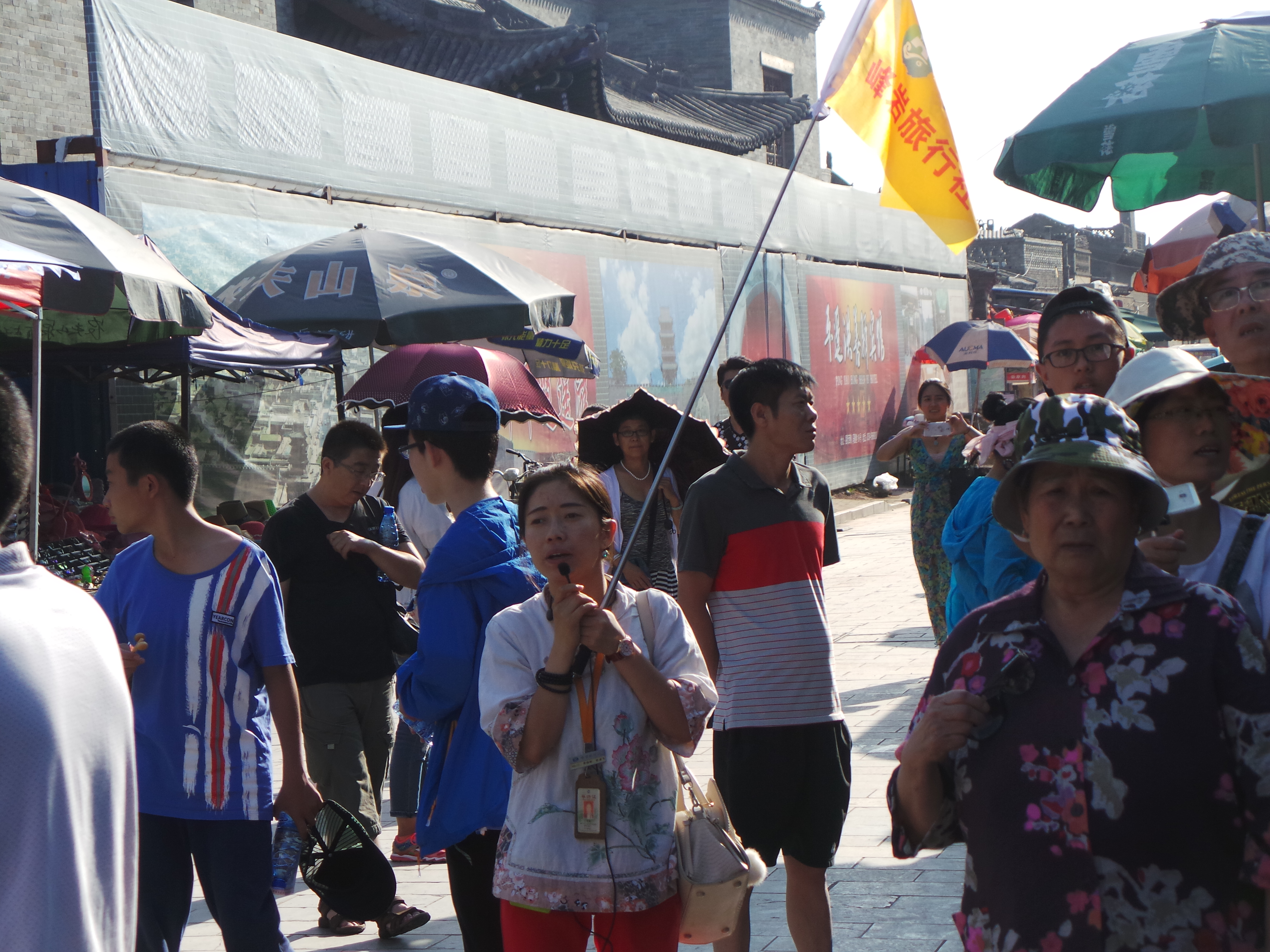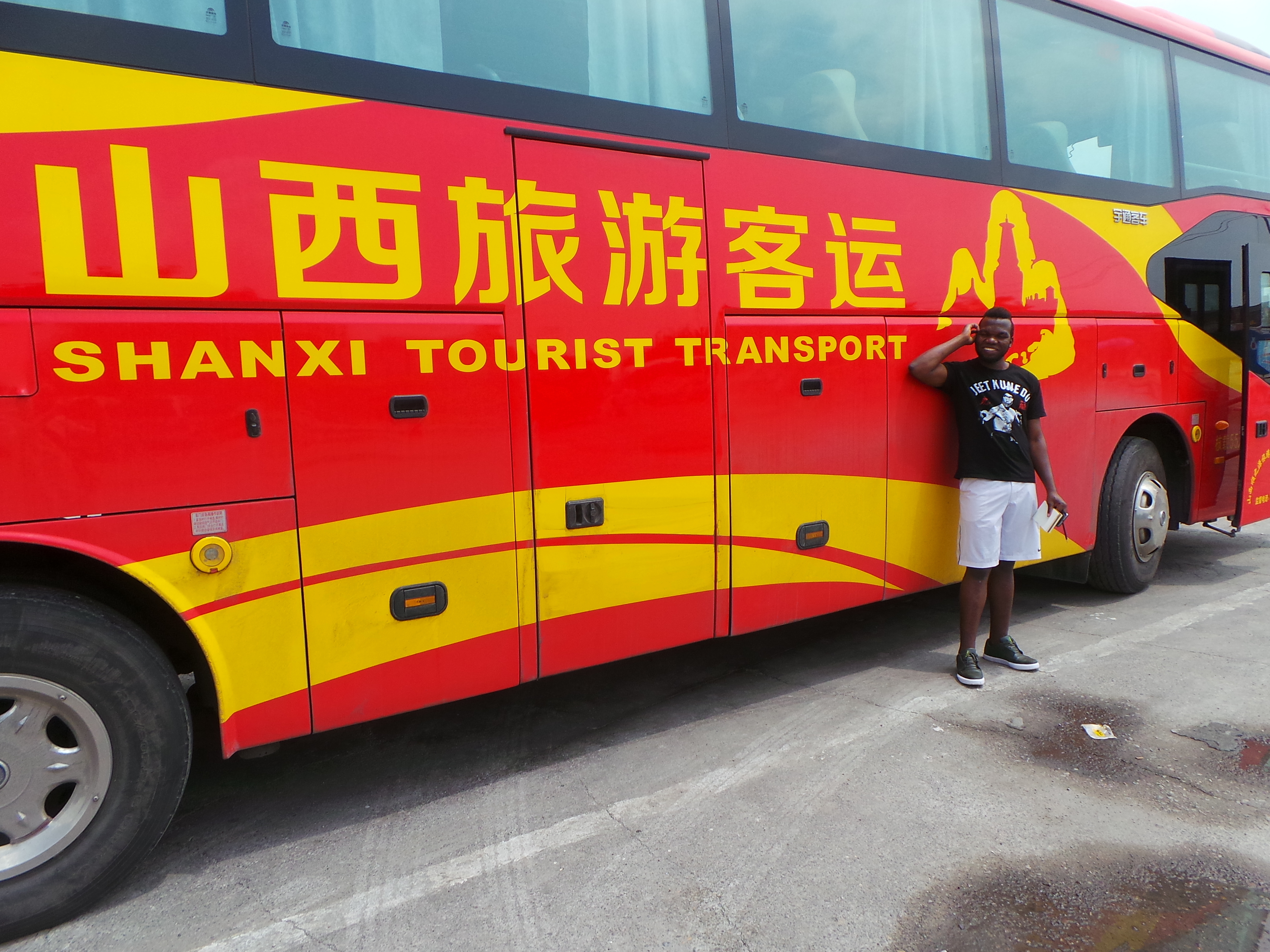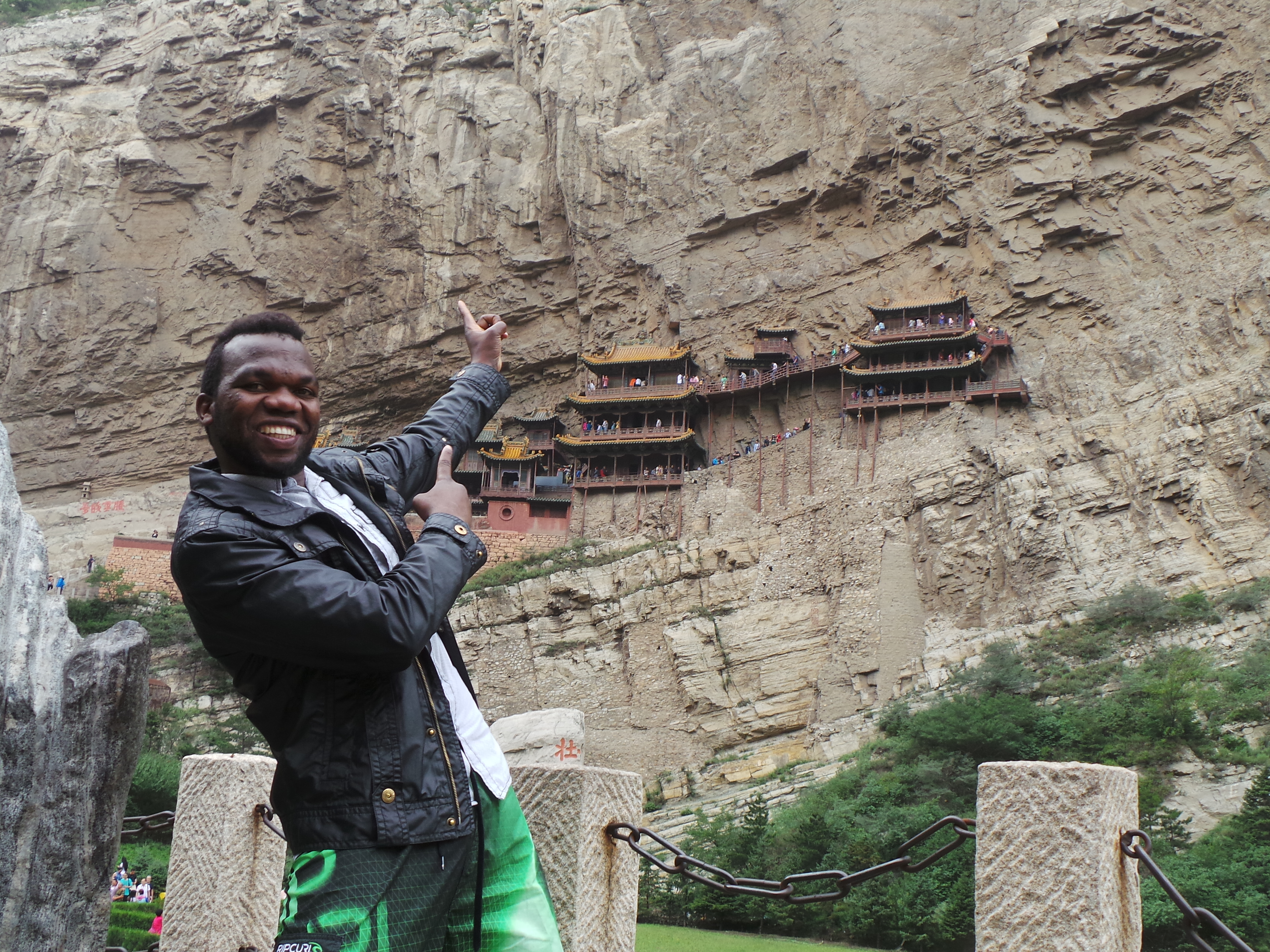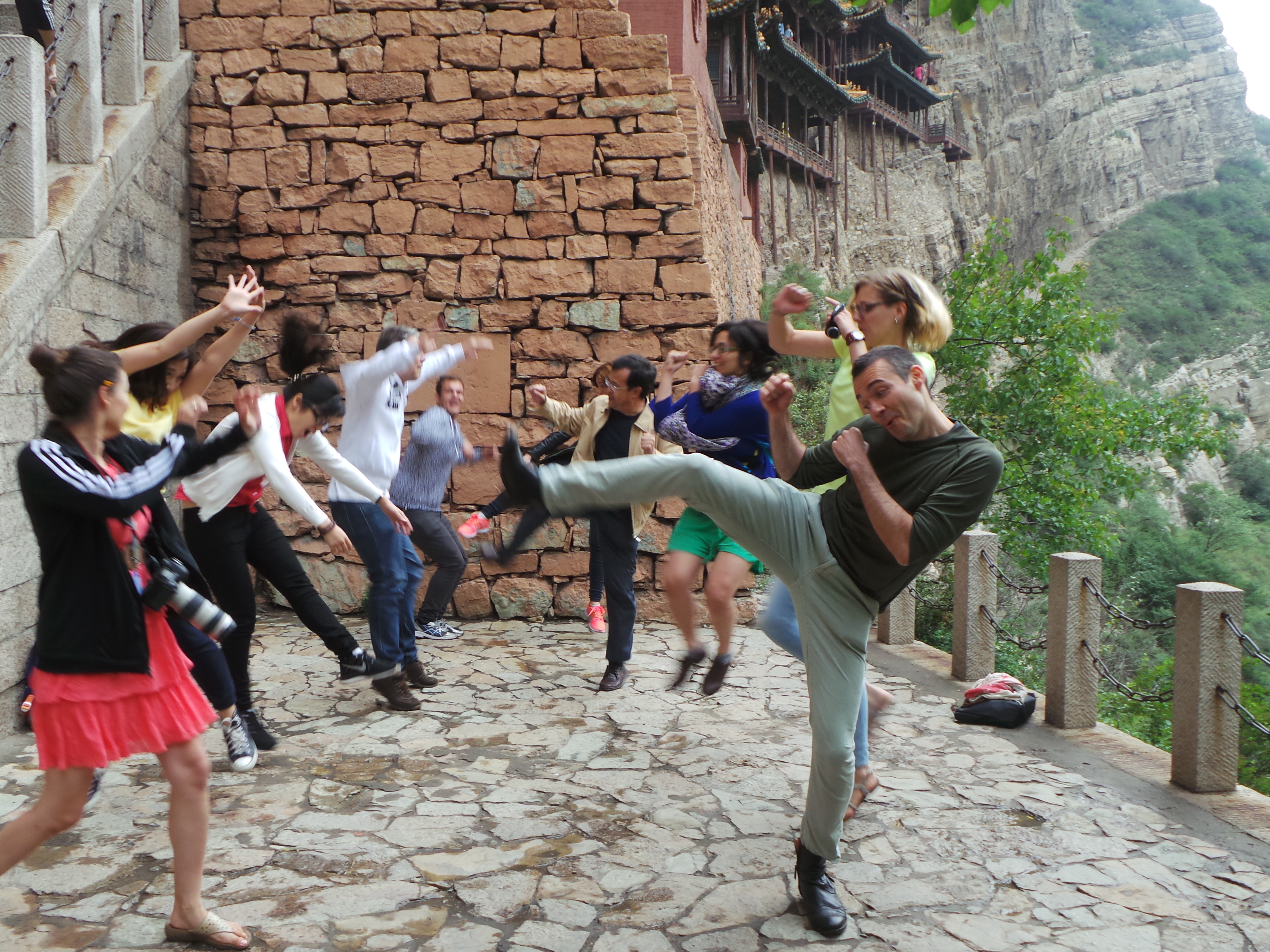She is shy, she has that constant smile on her face making you wonder when she is really smiling and when she is just being a tour guide. Short and always attending to something, that is Yoyo, 33, – real name Li Jing –who plies her trade in Shanxi.
Despite her diminutive stature, she is a giant. She has been guiding tourists for 10 years since she graduated with a master’s degree in tourism management from Shanxi University, the same university from which she got her English degree earlier.
10 years ago Shanxi was best known for its coal and heavy industry its tourism potential undeveloped and overshadowed by the neighboring Shaanxi province with its famous terracotta warriors.
Realizing that coal does not last forever, Shanxi started investing in tourism and Yoyo has seen it all changing.
“Local government policies concentrated on heavy industry, there were no proper facilities such as hotels and restaurants and most of the tourism service staff were from the villages and not well trained.
“The biggest challenge was transportation: it used to take 8 hours to drive from Taiyuan to Mount Wutai now it is just 3 hours,” she said confidently as she sat next to me on a tour she was managing.
And I did notice what she was saying. There were tens of bright red buses about the road ferrying all shades of tourists to and from iconic places in the province. The roads have been shortened by burrowing straight under mountains with some tunnels feeling like 6 kilometers. The road signs come in English and Mandarin and the tour buses get priority passes on the toll gates.
Yoyo added that government efforts such as organizing tourism expos and liaising with big tourism agencies in Shanxi and Beijing have helped to publicize Shanxi.
She teased Beijing and Xian saying they were mere ancient capitals, but Shanxi is where one can see how ancient common people lived.
And she is right Shanxi has enough sites to be a tourism powerhouse at the level of Egypt or Peru with 3 UNESCO blessed heritage sites such as the Pingyao Ancient City, Mount Wutai and the Yungang Grottoes.
From just English and French tour guide services to 10 foreign languages including Japanese and Korean.
All this has paid off, as confirmed by Ma Bin, who is in charge of propaganda in Shanxi’s second biggest city, Datong.
Ma says now 12 airlines are flying Datong and there is a 15 percent annual gain in tourist numbers.
Most of the tourists are Chinese, but Japanese, Koreans and Europeans make a significant number too.

“More still needs to be done, tourism staff needs to be trained in foreign languages, we need to develop more tourism products and services unique to Shanxi,” says Yoyo.
She contends that tourism cannot replace coal, but has high hopes for the future and believes Shanxi can focus on handicrafts, light industry and wine and vinegar making to boost the economy vis-à-vis tourism.
When she is not dealing with tourists, Yoyo trains tour guides at Taiyuan Tourism College. She is so busy that she and her husband have differed having a baby to at least 2017, much to their parent’s horror.
Earning about 300 RMB per day, the job is not particularly lucrative, but her dedication to the industry makes her a real hero by any definition.










Comment